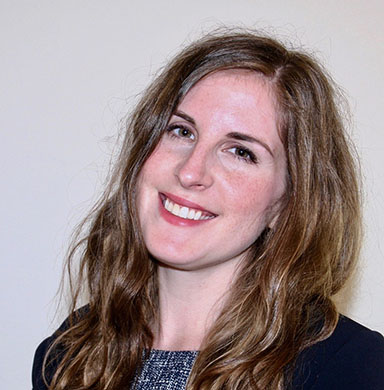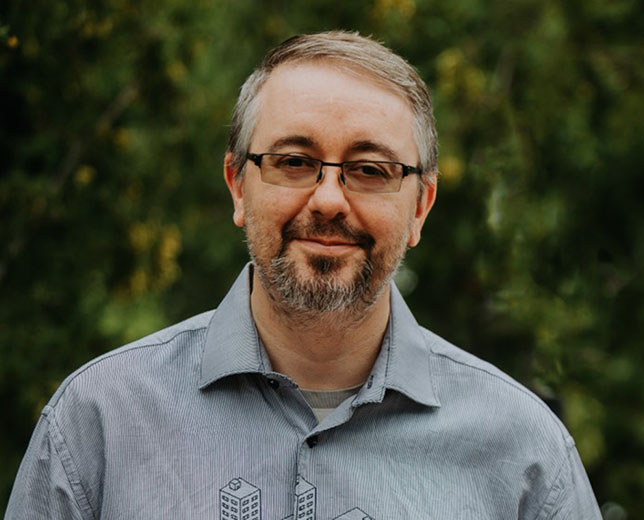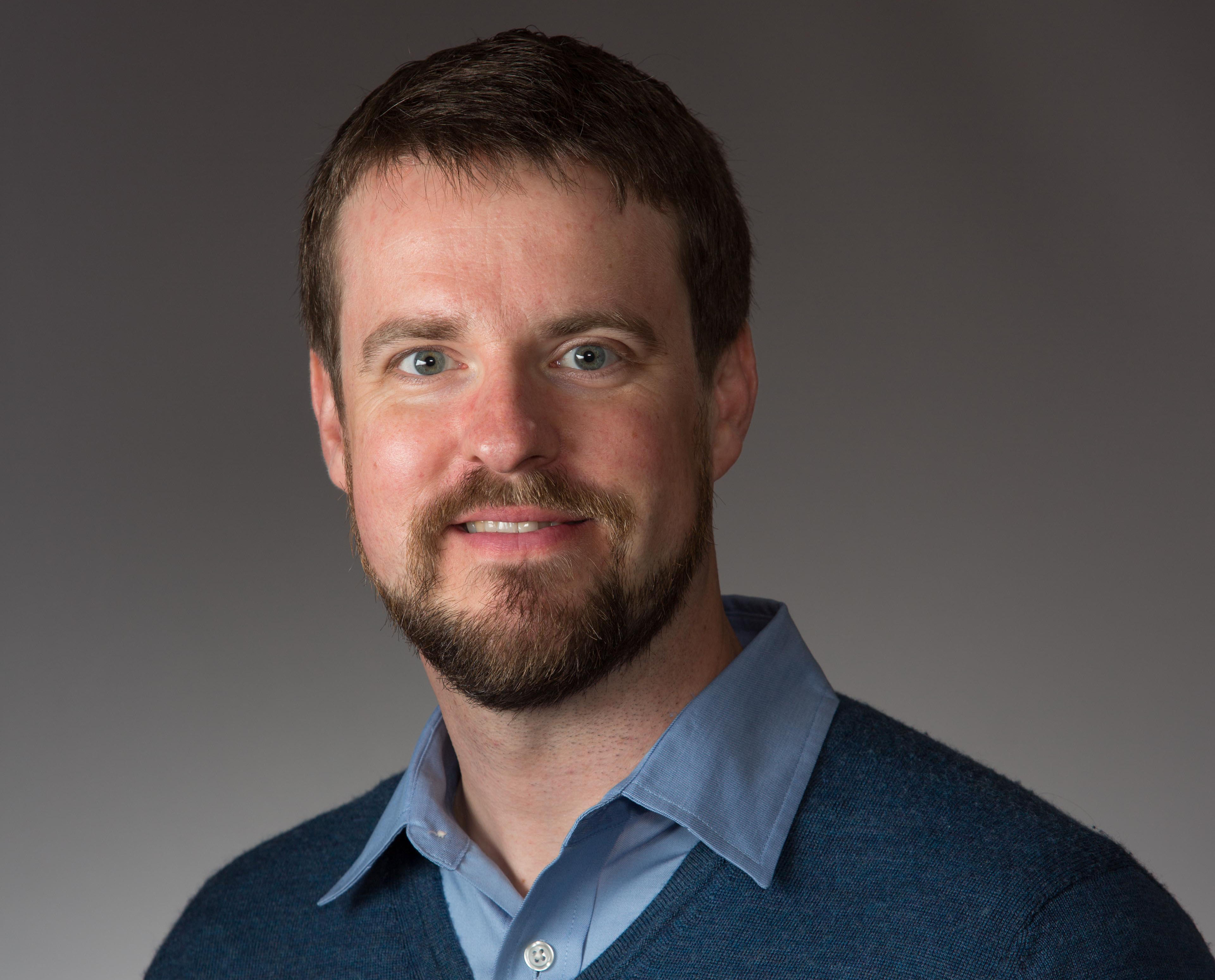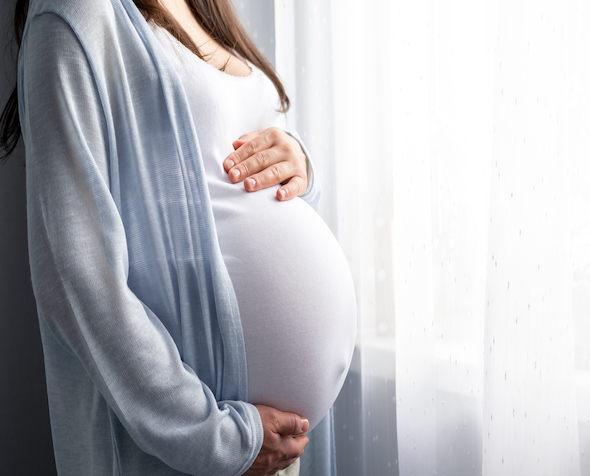Psychology Professor on the "Loneliness Epidemic" — and How to Counter It
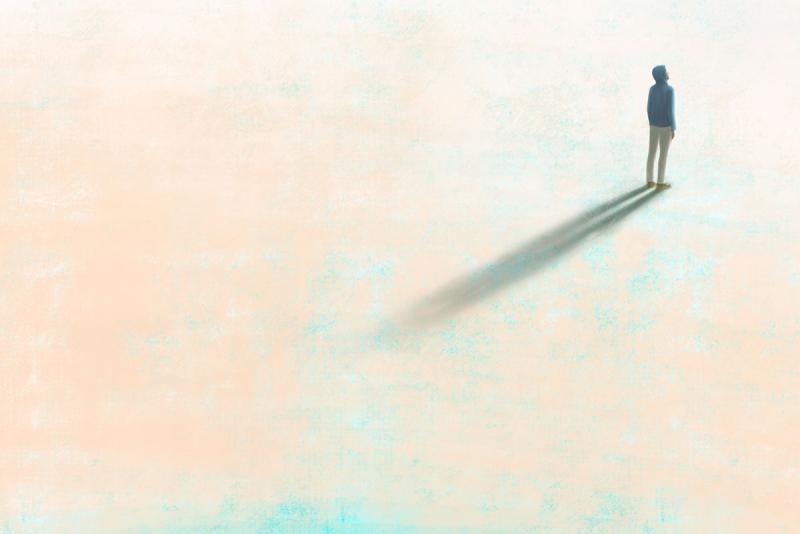
It thrives in secrecy, cuts across all age groups, often remains undetected and causes shame and embarrassment. The U.S. Surgeon General recently reported a loneliness epidemic with half of adults in the United States experiencing loneliness, leading to health consequences that include sharp increases in heart disease, stroke, dementia and depression. The causes of loneliness include rapid social change and increased dependence on technology and social media, resulting in decreased in-person interaction and relationship intimacy.
Assistant Professor of Psychology Erika Manczak researches the relationship between social connections and certain health outcomes and teaches a class on stress and health that includes a focus on the health consequences of loneliness. The College of Arts, Humanities & Social Sciences (CAHSS) newsroom asked Manczak to share her insights about loneliness and possible measures to counter it among students, faculty and staff.
You study the health consequences of increased social isolation. What does your research show?
In work in my own lab, and also in many other labs, it’s becoming clearer that our social connections play really important roles in our biological processes. How lonely we feel versus how socially integrated we feel, how much conflict there is in the relationship versus how much support, those different dimensions affect our moods and stress levels and also guide how our bodies are functioning.
A lot of my research focuses on how different aspects of social relationships relate to chronic inflammation which plays a major role in heart disease, stroke, arthritis, asthma, allergies and a lot of health outcomes. People who feel more socially disconnected — even if they have lots of people in their lives — very reliably have higher levels of inflammation in the absence of an infection or other underlying cause.
We’ve seen that the lonelier a person is, the more likely they are to show these less ideal biological profiles. They also are far more likely to report things like chronic pain and to have worse outcomes after medical interventions than people who are socially integrated and have a lot of social support.
The medical community is increasingly recognizing the need to pay attention to social relationships and connections and whether people have meaningful relationships, and what that looks like can be very different from person to person.
What might it look like? How can you recognize symptoms of loneliness in yourself and others?
There’s a lot of stigma tied to acknowledging and reporting that you’re lonely. Unfortunately, I think our culture makes it hard for people to speak up. There’s this assumption that there must be something wrong with you and yet if we really connected with our hearts, we’d acknowledge that there certainly are times when we don’t feel connected to others.
Unfortunately, that leads to people not wanting to acknowledge even to themselves that they’re feeling lonely. Loneliness sometimes ends up manifesting as feeling overworked, burned out or just this blah feeling of not really finding a lot of excitement or pleasure. Social relationships are one of the best predictors of the meaning and enjoyment that we’re deriving in our lives.
What are some of the biggest causes of loneliness?
We ended up relying a lot more on virtual connection during the pandemic. While that was helpful to maintain social connection it also pushed us toward more superficial engagement. Going through a screen is a more artificial way of relating to each other. Some of the nuances of social exchange can get lost and make connections feel less reinforcing and sustaining.
Over many years there’s been such a shift toward social media and while some people really benefit from the connections, people end up over-relying on them and investing less in more intimate ways of connecting. Also, on social media people often present an idealized version of their lives but if that’s all you’re seeing from your friends and family members, it’s so easy to make judgments about your own life and whether it’s stacking up and that can further isolate people.
We also live in a culture that’s very work- and productivity-focused. It’s very hard to carve out time for friends if you’re working 80-hour weeks. You only have so many hours and if your schedule isn't overlapping with other people who are important in your life, it’s really hard to sustain relationships.
People have much greater flexibility in their work schedules but I’m not seeing people use that to prioritize engaging with other relationships. In fact, because of that flexibility people are more likely to work hours that they might otherwise have used to catch up with friends or play with their kids.
Feeling socially isolated isn’t just about the number of people you’re interacting with, right? It’s also about the quality of your relationships.
Definitely. I do a lot of therapeutic work and see people coming in who feel really lonely and are experiencing conflict in their relationships and I’m a big advocate for the idea that each of us needs different types of relationships. You don’t always need to have soul-searching conversations with people, you also need some more superficial relationships; people you just hang out with. On the other hand, you can have a million friends but if you’re never able to have more intimate conversations that’s also not productive for physical or mental health.
Text messaging and emails are so convenient but they’re not substitutes for picking up the phone or meeting up for coffee. With people you have deeper relationships with, it’s hard to capture the parts of those relationships that are the best without actually hearing someone and taking in nuance.
It’s also important to ask who are the most important people you do want to make space for and reinvesting in those relationships that make you feel connected and excited. And then perhaps letting go of relationships that continue to end up draining you.
How can the DU community — students, faculty, and staff — form healthier, more supportive social connections with each other?
All of us have a million things going on simultaneously and it can be so easy to put our relationships on the back burner, including our relationships with our peers, colleagues and students. It’s important to create downtime for people to reconnect. And that needs to come with an intentional release from other obligations. Asking people to build up relationships on top of all the things they’re already doing won’t be successful. But if departments, student groups and classes build in opportunities to just spend time with each other in place of something more task-focused, that can be really helpful.
For example, I ended up redesigning my undergrad class in adult psychopathology so that students would be working in teams. I built in a lot of time for them to get to know each other before they had to do assignments together to provide a foundation that would allow them to feel more comfortable collaborating and talking about their own experiences and beliefs.
Students in this class reported that they ended up forming deeper relationships with their teammates than they otherwise would have. But I made sure that they didn’t have to spend outside time getting to know each other. If you’re the person designing a class or overseeing a department, a really helpful place to start improving social connections is to create these kinds of opportunities for people to get to know each other better beyond task-oriented activities.
